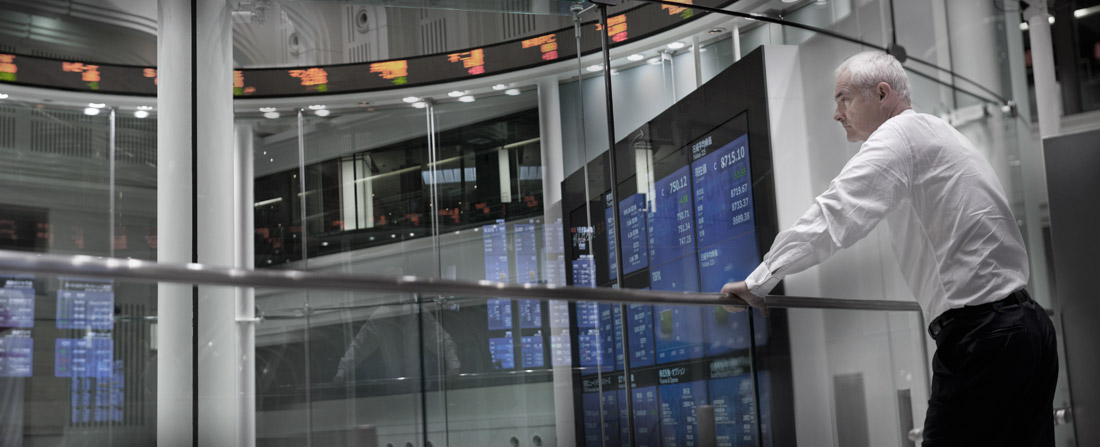Invited Response To Jim O’neill’s “A-List”
The world has come to think of Japan as the economic equivalent of Duran Duran – an over-hyped 1980s phenomenon that has fallen into justly deserved obscurity.

The world has come to think of Japan as the economic equivalent of Duran Duran – an over-hyped 1980s phenomenon that has fallen into justly deserved obscurity.
How much more “emerging” have the emerging markets left to do? Probably not much, given the vast amount of capital and hope invested in the asset class already.
The earthquake which struck Japan on Friday with such devastating human cost was powerful enough to shift the earth’s on its axis and move the Japanese land mass six feet. It is human nature to assume that an event of such destructive force must have powerful lasting effects on stock markets too, but that is not necessarily the case.
“What most likely happened was pedal misapplication.” So concluded an official of the National Highway Traffic Safety Administration, the US body which has just published its report on the spate of accidents involving Toyota cars.
Who has survived the global credit crisis in the best shape? As Chou En Lai said about the impact of the French Revolution, it’s still too early to judge. The snap verdict that China is the big winner and the US and rest of the old G7 are big losers is already looking questionable.
Emerging markets used to be known as markets you couldn’t emerge from in an emergency. History is littered with examples of financial disasters in young fast-growing countries, from the Argentinian default of the 1890s to the Asian crisis of the mid-1990s.
By orchestrating a massive appreciation of the yen in the mid 1980s, the US condemned Japan to decades of stagnation and ended the challenge to its own economic hegemony. Effectively Japan was forced to commit financial hara-kiri.
There are not many financial assets that are priced higher today than before the Lehman shock in September 2008. Two that have done investors proud are the yen and gold bullion.
Imagine you are starring in the financial equivalent of the “Life On Mars” TV show. You wake up one morning to find you have time-travelled back to the early nineteen nineties. The Berlin Wall has just fallen. The triumph of capitalism is unleashing a tsunami of globalization as billions of people join the market economy as workers and consumers.
John Veals is the villainous hedge fund manager in Sebastian Faulks’ best-selling credit-crunch novel “A Day In December.” He is a man with no friends, no culture, no interest in anything other than making money. His nefarious machinations lead to the failure of a major British bank, enabling him to make huge profits from his short positions. Other characters in the novel include Gabriel Northwood, a virtuous lawyer, and Roger Malpasse, a retired banker of the old school.